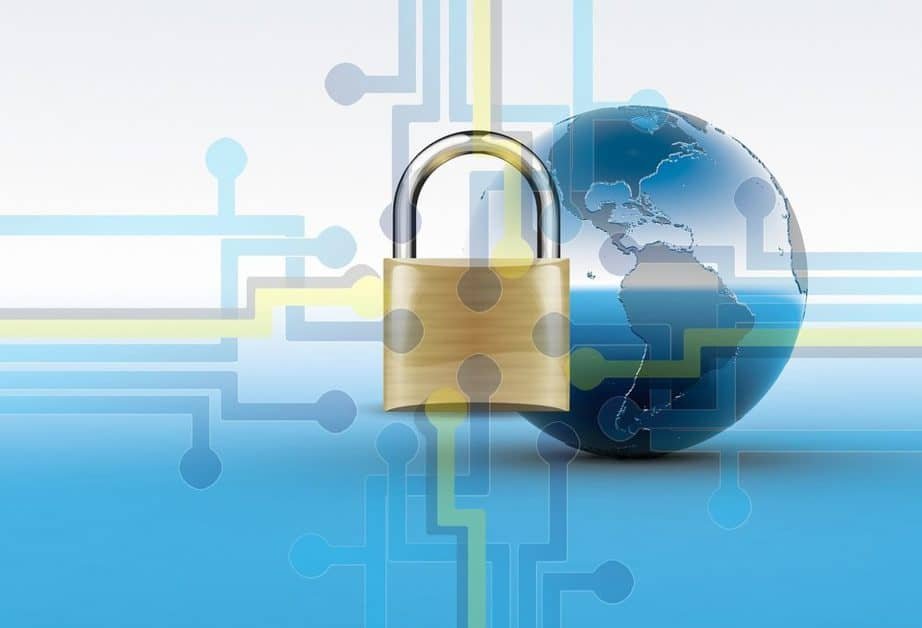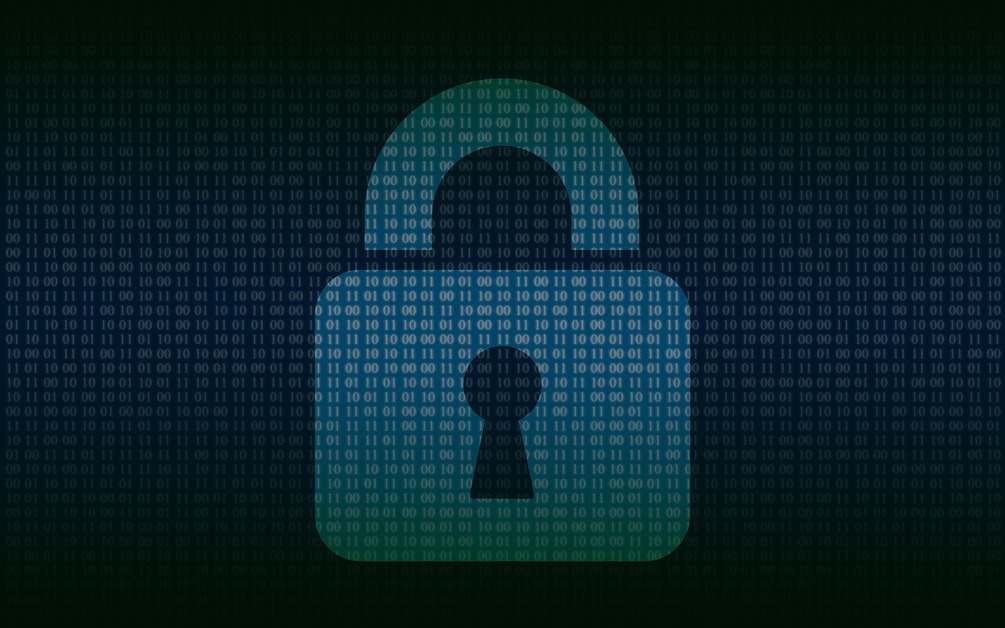Cyber security is important today because of the increasing threats in the online world. They include identity theft, computer viruses, data breaches, fraud, and scams. Cybercriminals use technology to commit various acts, and many people and businesses are losing money and confidential data to them.
Worse still, the number of attacks keeps on growing daily. As a matter of fact, statistics reveal that over 37,700 ransomware attacks occur every hour globally. This means about 578 ransomware attacks happen every minute.
It calls for the application of stronger security measures to keep safe on the internet. Good enough, we have compiled some of the top cyber security tools to boost your protection from online threats. Dive in and learn about them.
1. Anti-Virus Software
It is a popular tool among many computer users because they use the software to scan, detect, and handle viruses on their devices. Anti-virus software boosts the security of your device because it detects attacks earlier before they cause any harm.
The software scans the whole computer system, including all files and connected devices for viruses. Then, it gives real-time alerts when it detects any dangerous file or virus. Fortunately, the best antivirus software has strong security features that can handle most threats. You only have to buy and install a powerful software, such as:
- Norton Antivirus
- Bitdefender Antivirus
- McAfee Antivirus
- Total Defense Essential Antivirus
2. Firewalls
A firewall is a security system within a network that monitors the flow of outgoing and incoming data. It evaluates the data and uses predetermined rules to determine whether it can pass through the barrier. There are three popular types of firewalls including:
- Application firewalls
- Connection tracking
- Packet filter
The main purpose of firewalls in cyber security is to prevent hackers from accessing your emails, systems, and other confidential information. In fact, they improve your privacy by keeping your personal and company data safe.
This explains why many businesses embrace firewalls on their websites, like financial institutions, online shopping stores, and gambling platforms. For the latter, online casinos use firewalls to keep their servers safe from attacks to protect customer data. So, when you visit a Trustly casino you will enjoy safe gaming adventures. Trustly is a popular payment method that also uses a firewall to promote secure transactions on its platforms for both deposits and withdrawals.
3. Network Security Monitoring
It involves using network monitoring software to examine the performance of a network. Administrators use the software to check if a network is running optimally and identify any deficiencies. Also, they monitor data movement between the connected devices on your network, which helps to identify any flaws that could lead to outages.
Network security monitoring involves many protocols, some of which include:
- The Simple Network Management Protocol. It checks the status of devices like printers and switches, and you can use it to monitor system configuration.
- Internet Control Message Protocol. Network devices such as servers and routers use it to send alerts when devices fail.
- ThousandEyes Synthetics. This monitoring system detects networked application performance issues.
4. Anti-Malware Software
Anti-malware software works just like anti-virus software. It is a popular security tool that prevents malicious software from infecting your computer system. Not only that, but it also gets rid of existing malware from systems and devices.
Your task is to look for the best anti-malware software for your device. It is available in many types, and the most popular are behavior-based detection software, sandboxing software, and signature-based detection anti-malware software. Each operates differently and uses a unique method to identify and remove malware.
5. Penetration Testing
You can also call it ethical hacking or a pen test. Penetration testing involves simulating a cyberattack on a system to identify its weaknesses. This helps to test its strength and determine the chances of a breach. After the test, the security professionals can easily identify the weak areas that need a fix.
In the testing process, the ethical hacker first gathers information on the system to attack, scans it, and gains access. Then, the tester maintains a presence in the network, steals data, and covers tracks to leave no evidence of penetration. Afterward, the testing company compiles a report on how he accessed the system, which the network administrator uses to improve the security by covering the loopholes.
6. Encryption Tools
Encryption involves scrambling readable text into cipher text to make it unreadable to hackers. Only authorized people with an encryption key can convert the data to plain text and read it. The encryption key is a collection of algorithms that handle the scrambling and unscrambling of data.
So, you can use the tool to encrypt various personal information when transferring it online. This includes credit card details, bank account information, and health records. Remember, even if hackers access the data during the transfer, they won’t read or understand anything.
7. Vulnerability Scanners
A vulnerability scanner is a tool that helps you to get a clear assessment of threats. You use it to understand the cyber threats you are likely to face from the identified vulnerabilities in your IT infrastructure.
Some popular vulnerability scanners include:
- Nessus
- Tripwire IP360
- GFI Languard
- Burp Suite
Embrace the Best Cyber Security Tools
Improve your personal and business security using the best cyber security tools with excellent security features. This saves you from falling victim to the increasing threats in the online world that can cost you money and confidential data.











FIND US ON SOCIALS